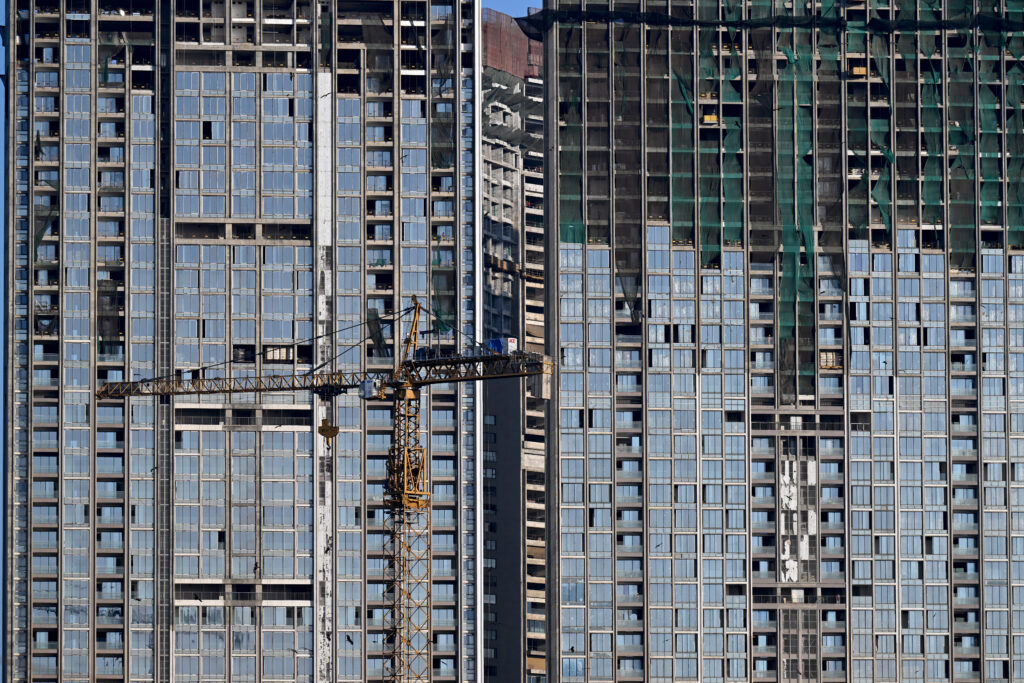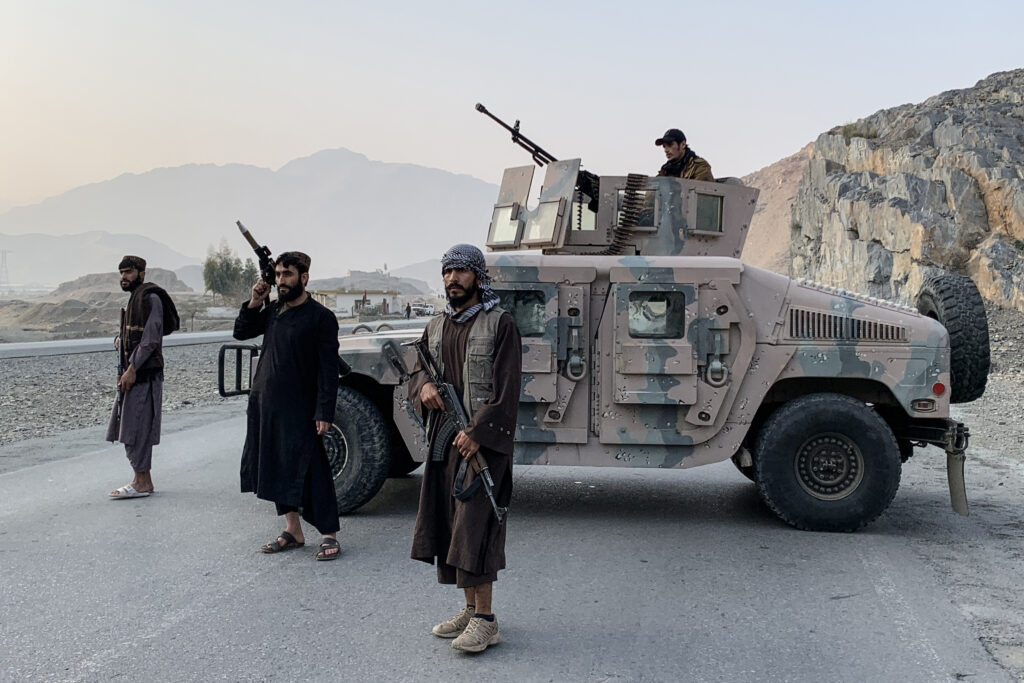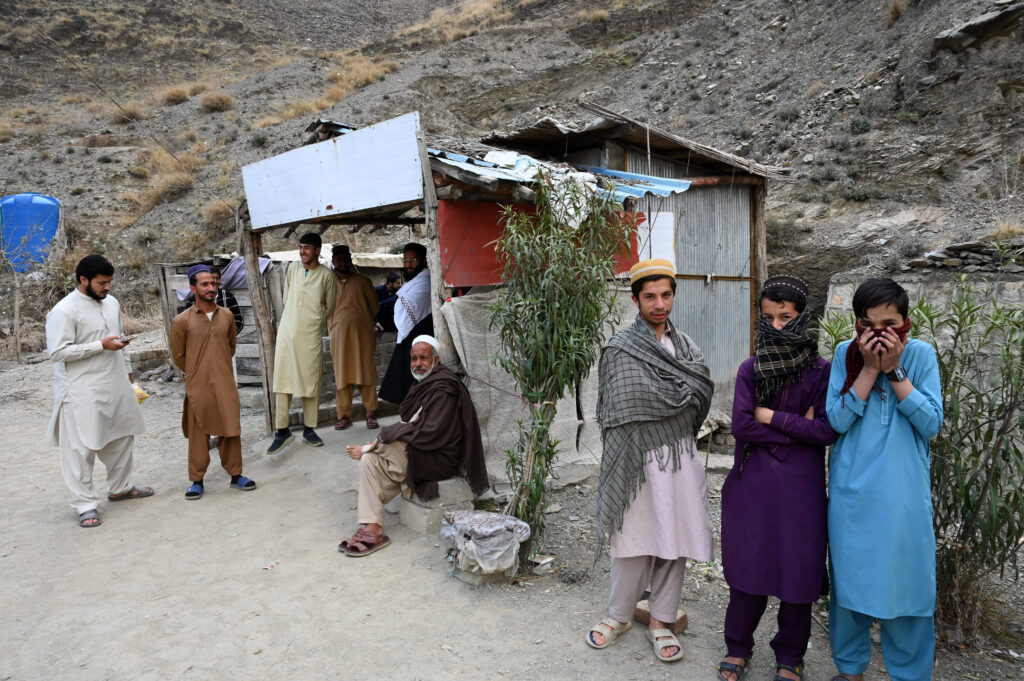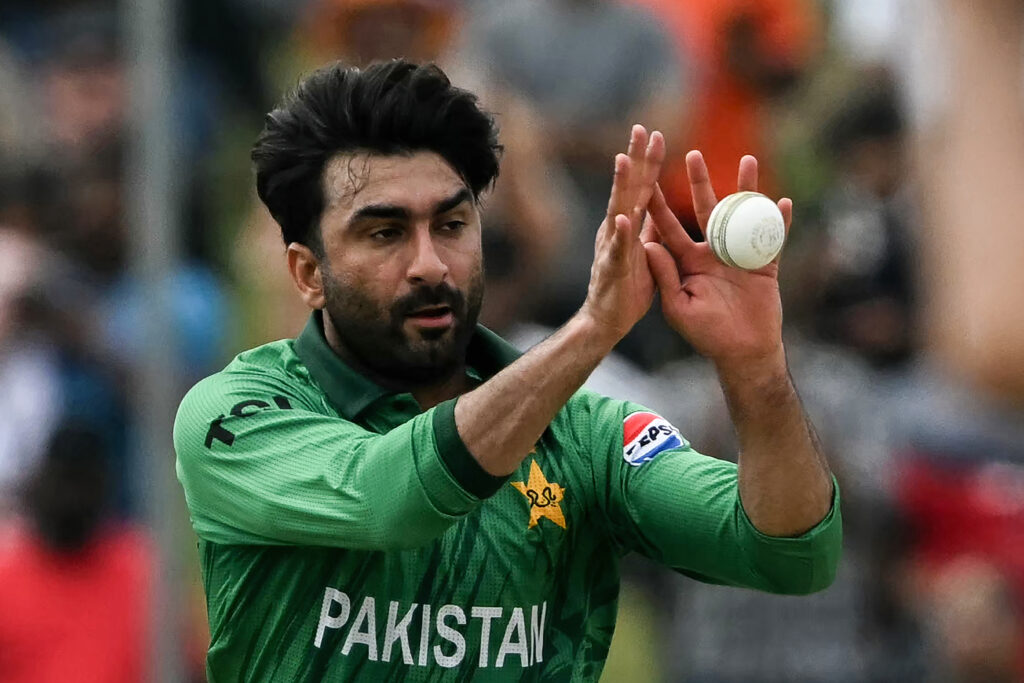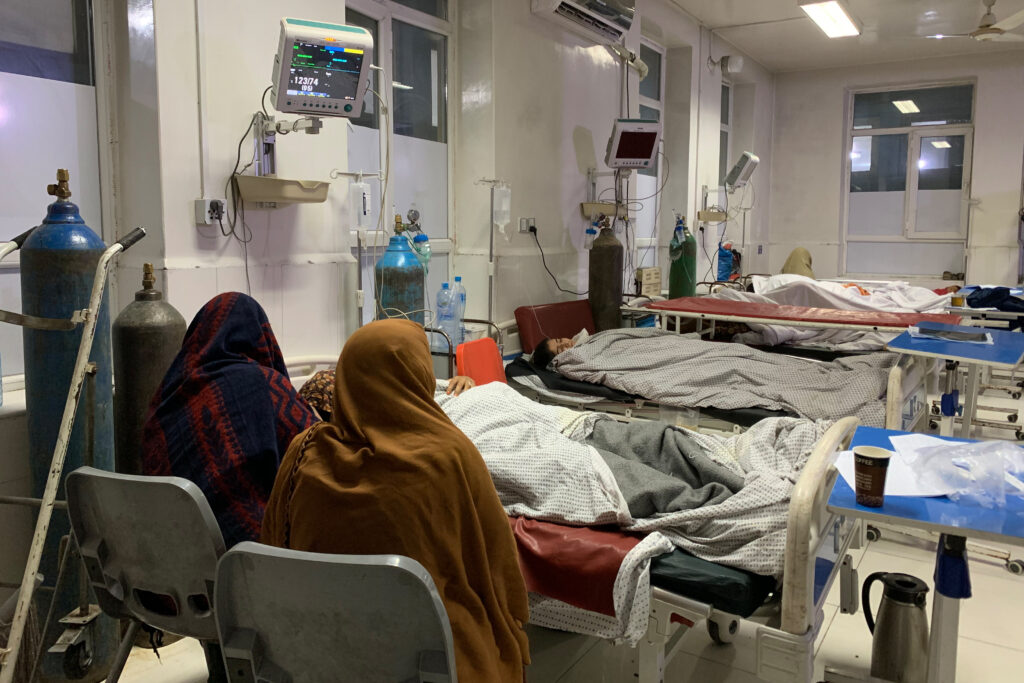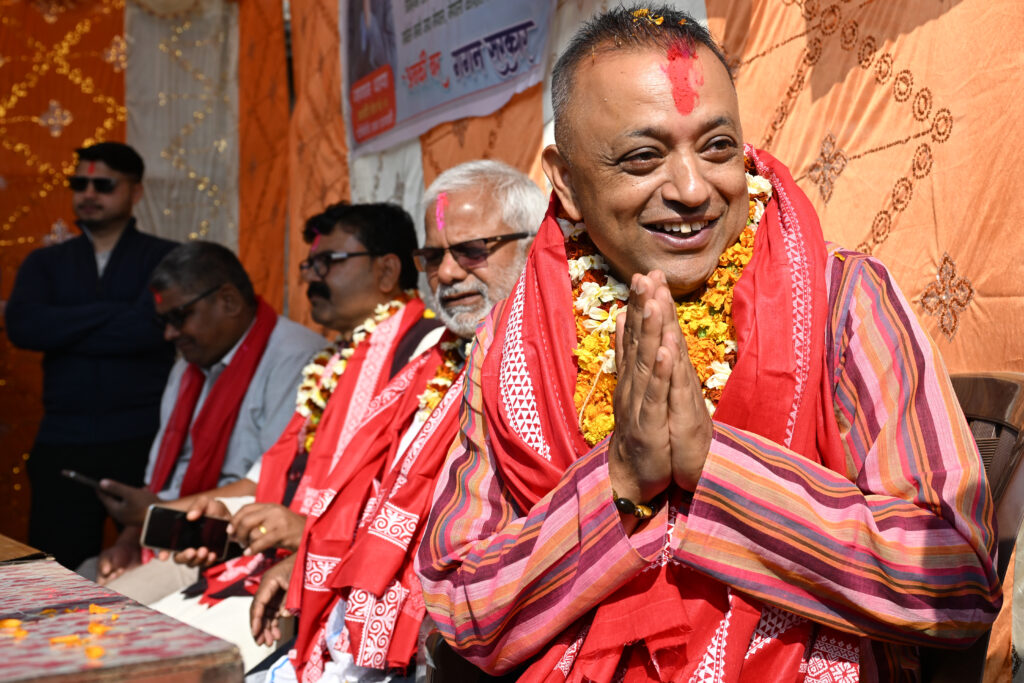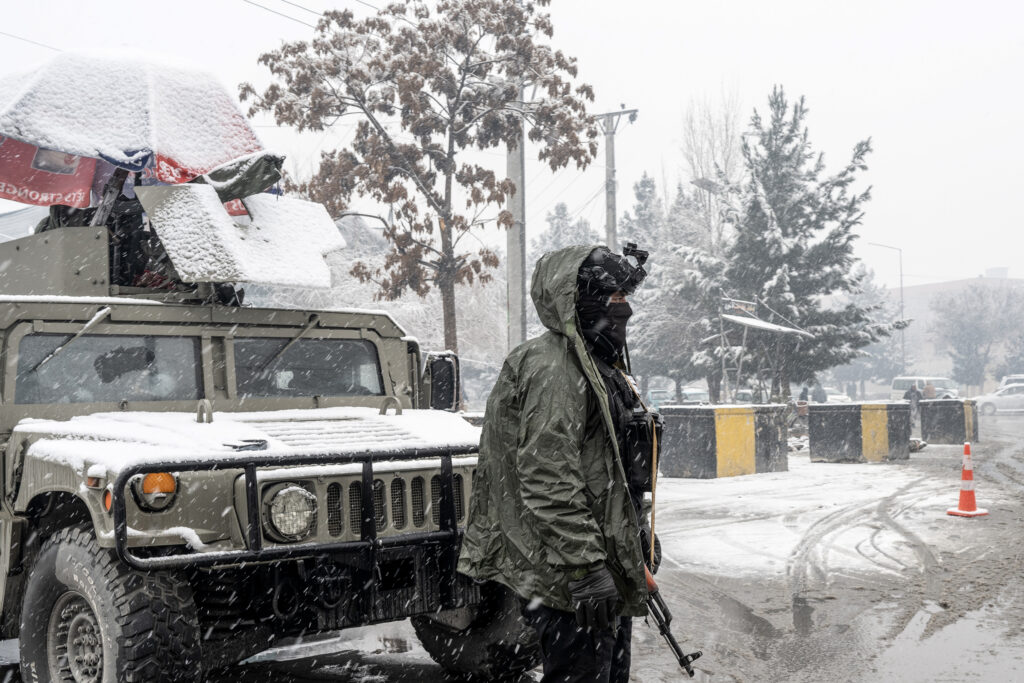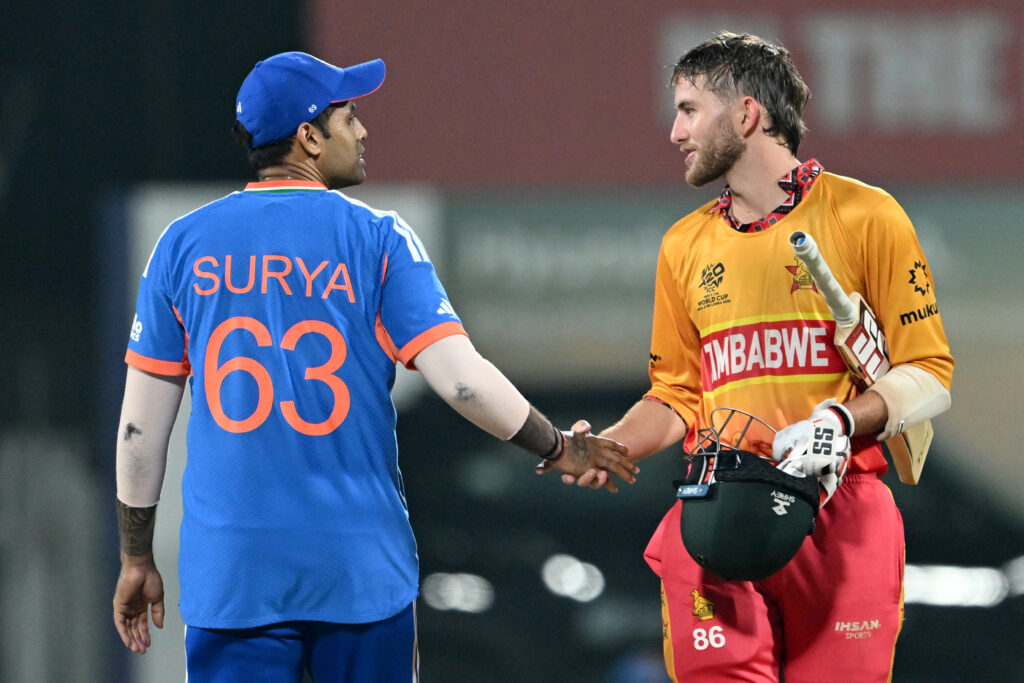India logs 7.8 percent quarterly growth after data overhaul
India’s economy grew at a faster pace than expected in the last quarter of 2025 driven by solid consumer spending, data showed Friday, using a new framework that calculates economic output more accurately.Gross domestic product rose 7.8 percent in the October-to-December quarter from the same period a year earlier, according to data from the statistics ministry.While growth slipped from the 8.4 percent recorded in the previous quarter, it edged past market expectations of 7.6 percent.Aditi Nayar of ratings agency ICRA said the GDP growth number was “healthier than what we had expected”.”The moderation was expectedly driven by the agriculture and the non-manufacturing industrial sectors,” she said in a note.Friday’s reading re-affirmed India as the world’s fastest-growing major economy and is a shot in the arm for policymakers who have struggled with steep US tariffs, a falling rupee and muted consumption for most of 2025.Last year, the government claimed India had surpassed Japan to become the world’s fourth-largest economy.However, the data for 2025 shows India’s nominal GDP in dollar terms was still under the $4 trillion mark compared to Japan’s $4.4 trillion — indicating that while it was close, the crossover has yet to happen.Based on current numbers, India will cross the $4 trillion mark comfortably in 2026-27, India’s chief economic advisor V. Anantha Nageswaran said.”The relative ranking will also depend on other countries’ growth rates and exchange rates as well,” he said.Faced with a dimming economic outlook, Prime Minister Narendra Modi has sought to bolster the economy by slashing income and consumption taxes which have helped rebound consumer spending in recent quarters.- Data overhaul -New Delhi also managed to secure a trade deal with Washington in early February, which boosted sentiment around the rupee but came just weeks before the US Supreme Court struck down President Donald Trump’s sweeping tariffs.The GDP numbers are the first data released under a revised framework that New Delhi said better captures “the realities of a fast-changing economy”.The data overhaul has seen India shift its GDP base year to 2022-23 from 2011-12 and adopt more granular price deflation to help quell concerns that earlier methods relied too heavily on the wholesale price index.Growth calculations are now also based on sources of data including India’s online tax and vehicle registration databases.The government said the new data aligns official numbers “more closely with the structure and dynamics of today’s economy”.The data revamp also sees New Delhi raising its growth projections for the current financial year that ends in March.The Indian economy is now projected to grow 7.6 percent for the full fiscal year, up from a forecast of 7.4 percent published last month, a press release from the statistics ministry said.The latest figures bring Modi closer to his goal of transforming India into a developed nation by 2047 — a target that most analysts say would require the economy to record about 8 percent growth every year until then.Analysts say New Delhi’s growth trajectory reduces the likelihood of any rate cuts from India’s central bank.”The important point from a monetary policy perspective is that the new data confirm that the economy is performing strongly,” Shilan Shah of Capital Economics said in a note.”They don’t change our view that the Reserve Bank’s easing cycle has come to an end.”
